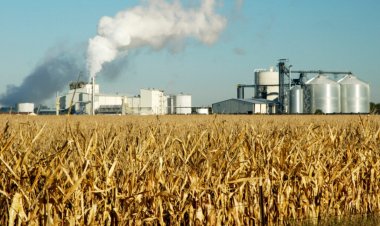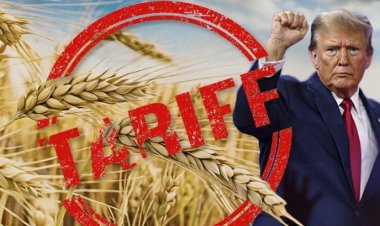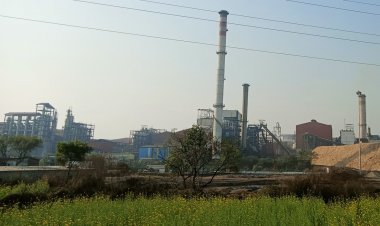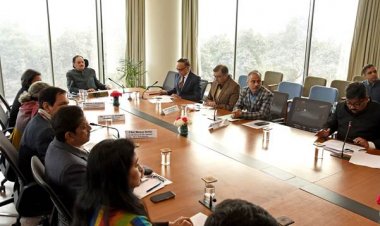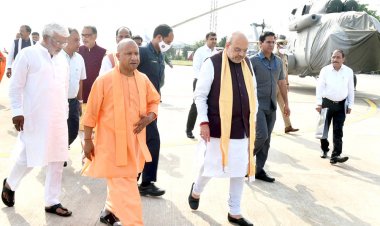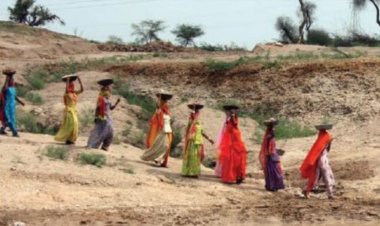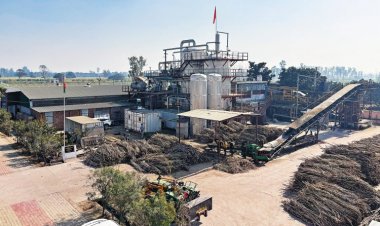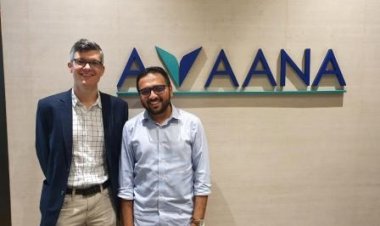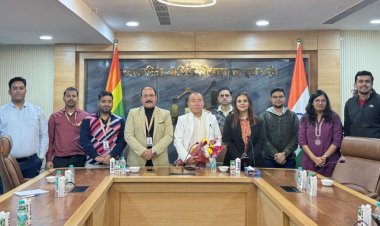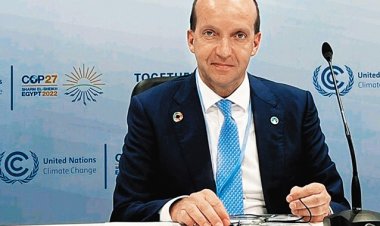Building climate resilience and prosperity: Six bold bets for smallholder farmers
The report "Building Climate Resilience and Prosperity: Six Bold Bets for Smallholder Farmers and Farm Workers" by The Bridgespan Group and HSBC India outlines strategies to enhance resilience and income for smallholder farmers. Identifying six key opportunities, the report highlights how adaptation finance could unlock Rs 3.49 lakh crore (nearly 45 billion Dollar) to support sustainable agricultural practices, infrastructure, and financial security
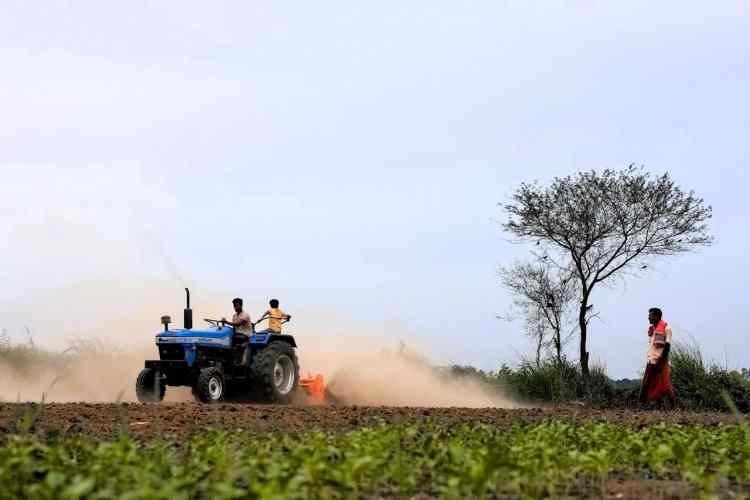
A new report titled "Building Climate Resilience and Prosperity: Six Bold Bets for Smallholder Farmers and Farm Workers" highlights crucial strategies for enhancing resilience and boosting income for smallholder farmers.
Released by Faiz Ahmed Kidwai, Additional Secretary, Department of Agriculture and Farmers Welfare, the report, conducted by The Bridgespan Group and supported by HSBC India, outlines opportunities that could unlock approximately Rs 3.49 lakh crore in adaptation finance.
Thirdly, the report highlights the importance of supporting FPO-run seed banks for climate-resilient crops to help farmers adapt to climate hazards such as droughts and floods, thereby ensuring income stability and agricultural sustainability. Fourthly, enabling FPOs to market high-margin crops will assist farmers in diversifying their activities and engaging in value-added processes like processing, packaging, and marketing.
Fifthly, offering weather-indexed wage loss micro-insurance provides immediate financial support to farmers and agricultural laborers impacted by adverse weather conditions. Lastly, lending to agricultural micro- and nano-enterprises is recommended to improve access to agricultural inputs and equipment, generate employment opportunities, and stimulate local economies.
On this occasion Faiz Ahmed Kidwai said, “Our farmers are the biggest risk takers who are working tirelessly to ensure food and nutritional security for the nation. The government is working towards transforming the agricultural ecosystem that not only encourages the adoption of sustainable practices, but also enhances productivity and income for the farming households.”
Aloka Majumdar, MD, Global Head of Philanthropy & Head of Sustainability, HSBC India, said, “The objective of the Climate Equity Initiative is to influence innovations and investments for climate action. For this to be effective, it is important to incorporate the voice of the vulnerable communities, who are likely to be excluded from decisions that affect their lives. We hope that this report will drive collaborative work in ensuring sustainable development and preservation of our natural ecosystem.”
Anant Bhagwati, Bridgespan partner and co-author of the report, said, “Marginal farmers’ and farmworkers’ households are aware of the changing climate’s impact on their farming habits. Yet they have fragile finances, and social supports do not always reach them. Centering their voices, and the voices of other vulnerable communities that need tailored support, such as women, Dalit, and Adivasi farmers, is the surest form of adaptation there is.”
The research, based on interviews with nearly 800 farmers and 150 laborers across Andhra Pradesh, Bihar, Maharashtra, and Uttar Pradesh, incorporated perspectives from women, Adivasi, and Dalit communities. It also drew insights from over 80 experts and practitioners in the fields of climate and agriculture.
The report aims to guide collaborative efforts in achieving sustainable development and protecting natural ecosystems while addressing the needs of smallholder farmers and farm workers.



 Join the RuralVoice whatsapp group
Join the RuralVoice whatsapp group


















